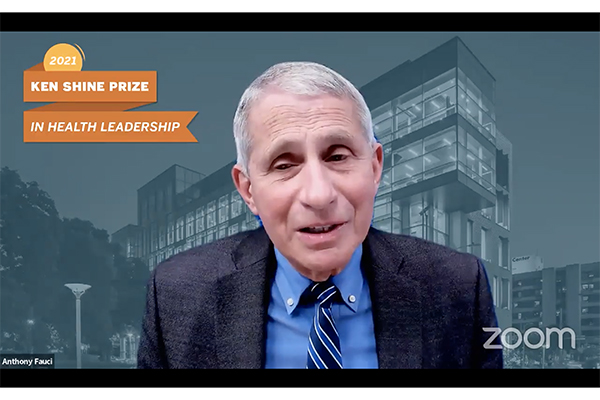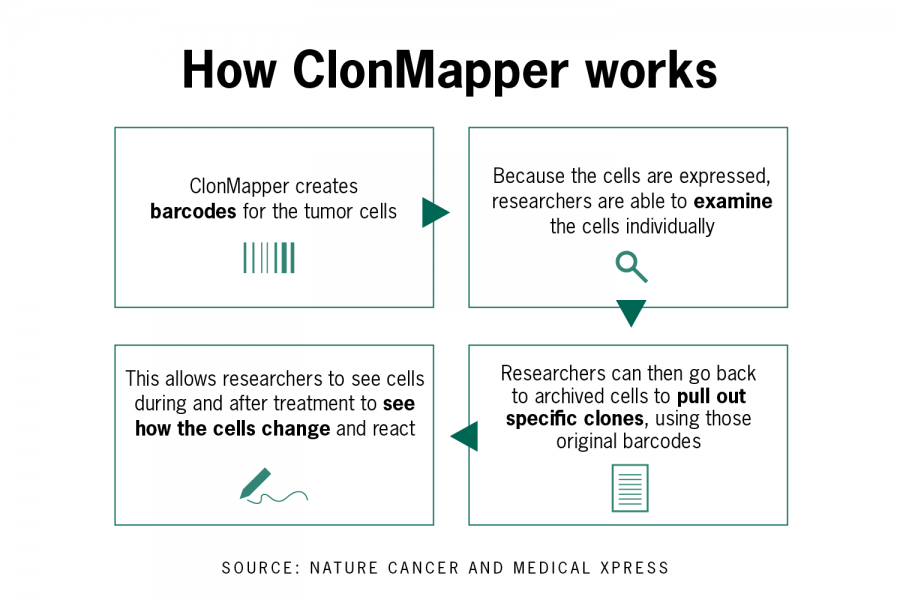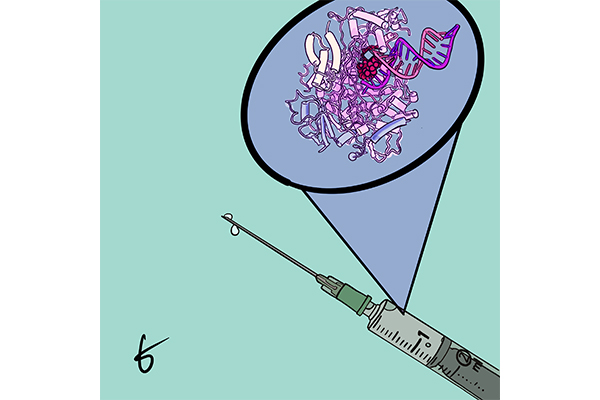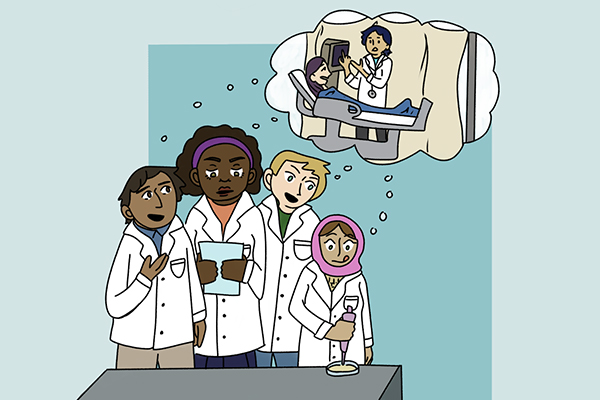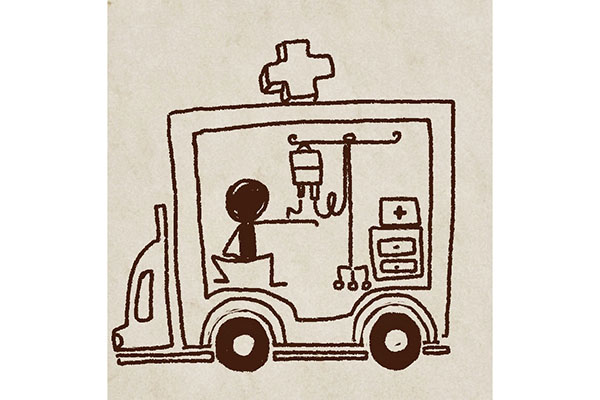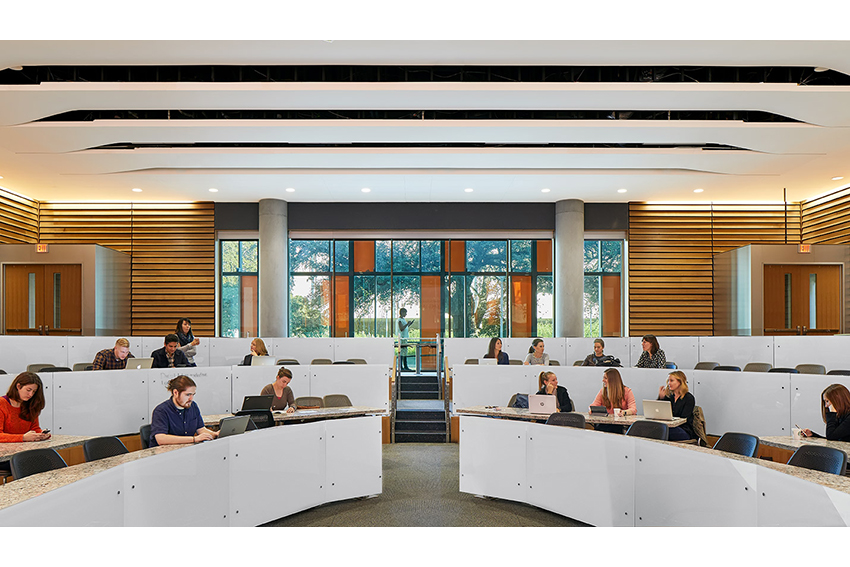Dr. Anthony Fauci, the director of the National Institute of Allergy and Infectious Diseases and the leading member of the Trump administration's White House Coronavirus Task Force, received the Ken Shine Prize in Health Leadership from the Dell Medical School Thursday morning.
The Ken Shine Prize is awarded annually to a person who has made significant leadership advancements in health.
“Thank you for all you have done, not just for medicine and health and people, but for society, in terms of integrity and the candor and the honesty which you represent. Those are values which are critical to society,” said Ken Shine, the former executive vice chancellor for health affairs of the UT System.
During a virtual conversation with Clay Johnson, the dean of Dell Medical School, Fauci said his recent fame and popularity is surreal, and he is facing both praise and attacks toward him.
“Something that I never would have imagined in my wildest dreams, that because I say things like wear a mask, do physical distancing, avoid congregate settings, that I've actually had my life threatened and my family continually harassed, including my three daughters,” Fauci said.
Johnson said communication has been an important aspect and issue of the pandemic, with many people denying COVID-19. Johnson asked how future administrations can improve the quality of communication.
“I’m not so sure what we could do about that except try to be as consistent as we possibly can,” Fauci said. “The bane of communication is mixed messaging. … When you have a consistent message from leadership (and) from those who implement, it becomes much easier (to communicate).”
With the fast development of the COVID-19 vaccine, Johnson asked whether or not the U.S. could learn from this to accelerate the creation of cures against future pandemics and other diseases.
“If we can get some of the cancer vaccines and some of the vaccines against HIV, tuberculosis or malaria and use those new platform technologies, we may be able to truncate the time it takes to get vaccines for those major killers in the world,” Fauci said.
Fauci said he is looking forward to getting his children to come back home once the pandemic is over.
“I had a birthday just a few weeks ago, and my children, … who obviously are very sensitive given my age and the fact that they have to get on an airplane to get here, … did not want to endanger me, and I wanted to practice what I preach because I was telling the rest of the world and the country,” Fauci said.



